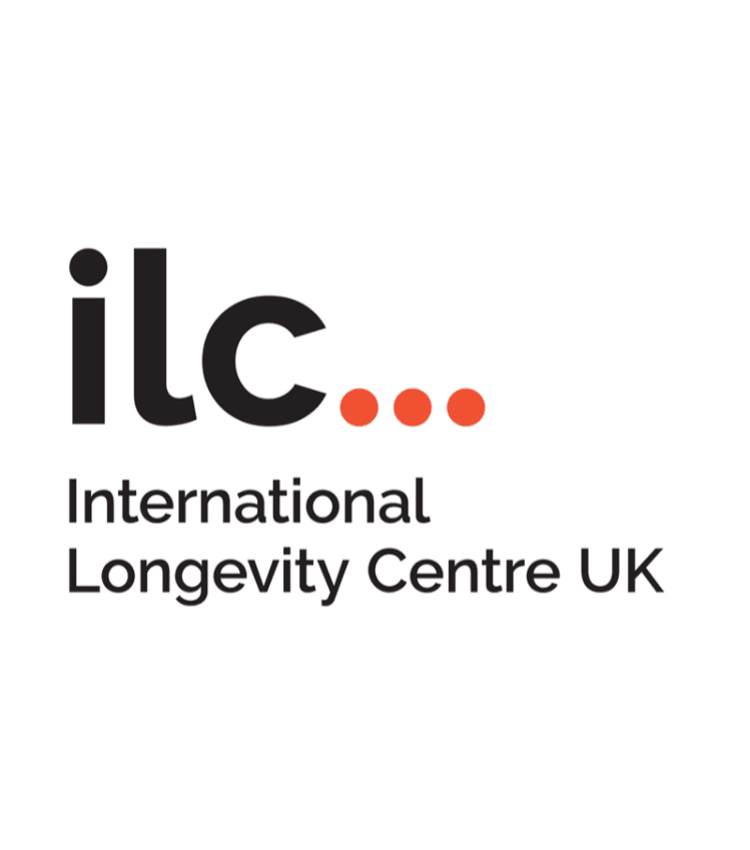
According to the United Nations, managing the reality of an ageing population will require scientific advances and joint efforts if the unique health challenges of older adults are to be addressed.
At the same time, how clinical trials are designed and delivered is under the spotlight like never before. As part of this, improving inclusivity is high on the agenda of many RBW clients and wider stakeholders.
Whilst the topic of diversity and inclusion in clinical trials is rightly a hot topic that is attracting huge attention and research more broadly, the focus on age inclusivity has not on its own been singled out by many. There has been some research and guidance - the most notable guidance coming from the 2010 EU Charter based on the PREDICT study, and there has also been a more recent publication from the FDA relating to inclusion of older adults in cancer clinical trials – but there is nothing that has been conducted in the post-pandemic period that caters for broader trial participant groups. And we know that the pandemic resulted in a real environmental shift in all sorts of ways.

Against the backdrop of the United Nations Decade of Healthy Ageing (2021-2030), we feel that now may be an opportune time to take a fresh look at older age inclusivity in clinical trials. It is also a topic that we feel could be a valuable and manageable project to conduct under our IMPACT programme as an additive piece to the larger body of work.

We know that our efforts are stronger if we collaborate, and for this second Impact project we have found a great partner in the shape of the International Longevity Centre (ILC). The ILC is a specialist think tank on the impact of longevity on society, and what happens next. Established in 1997, and members of the International Longevity Centre Global Alliance (an international network on longevity which has sixteen centres globally), they are a registered charity. They have published over 275 reports, organised over 350 events including the annual Future of Ageing conference, and they work with central government, local government, the private sector, and professional and academic associations to provoke conversations and pioneer solutions for a society where everyone can thrive, regardless of age.
A webinar with a panel of experts is was held on 30th March to mark the launch of the new report.
The slides are available to view here.
